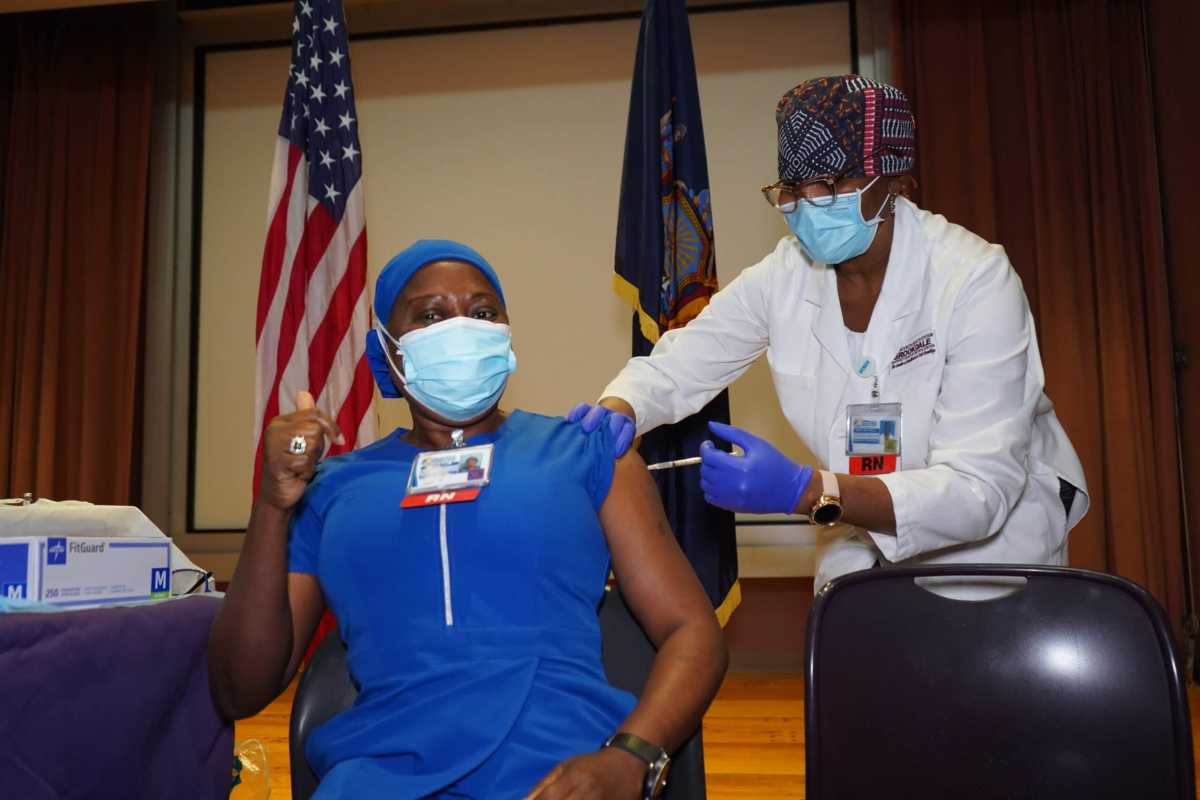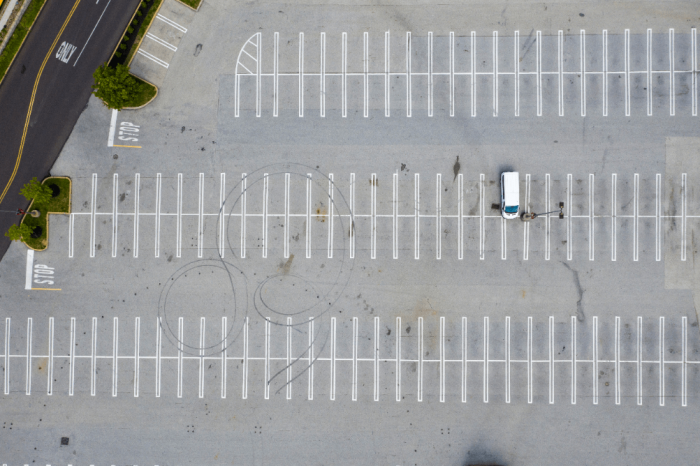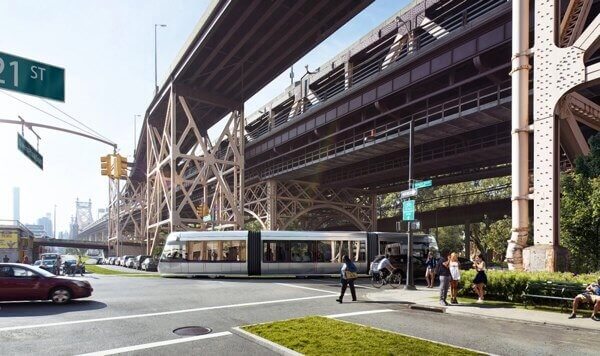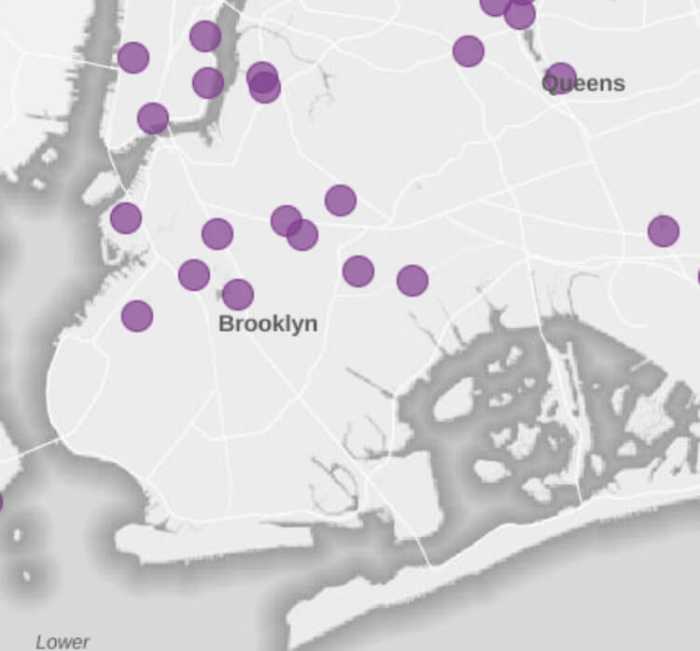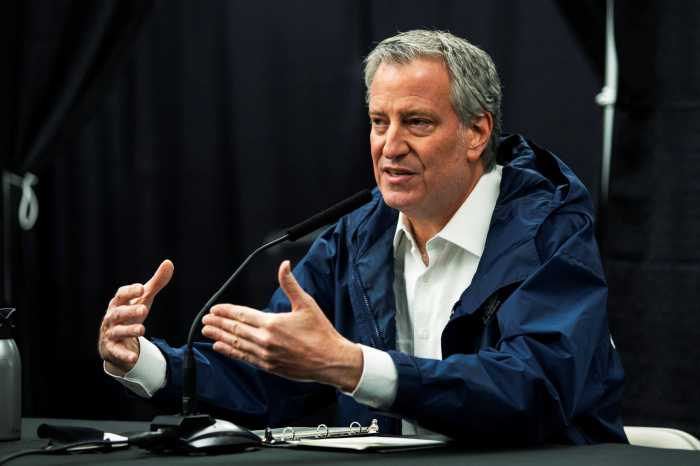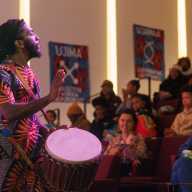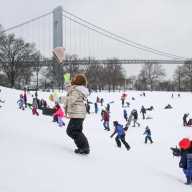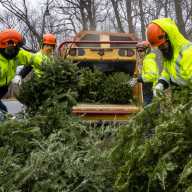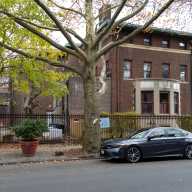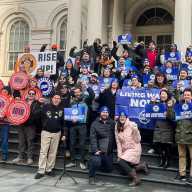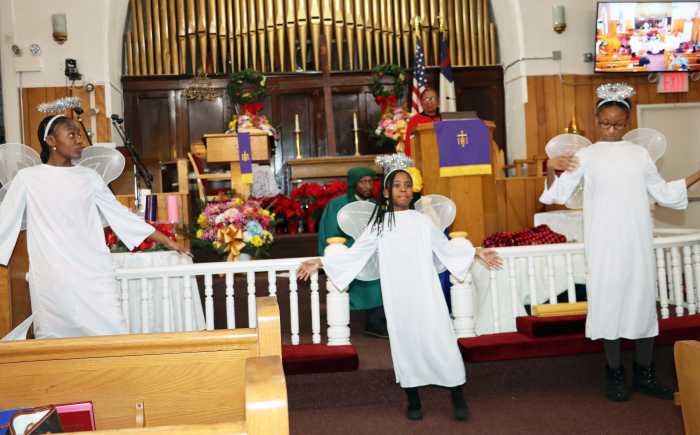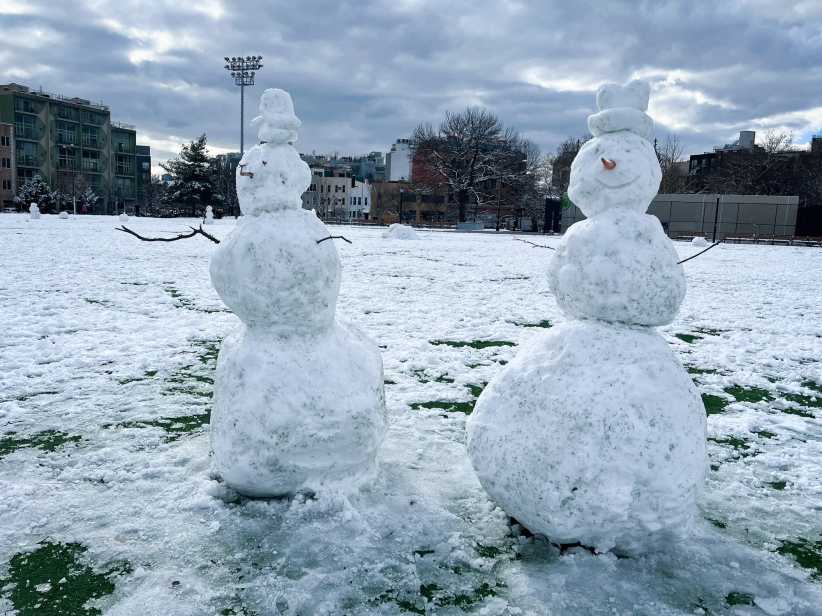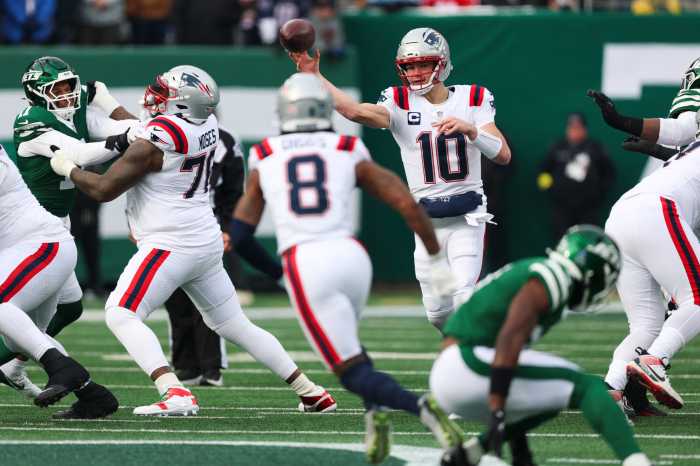The Pfizer-BioNTech COVID-19 vaccine has been given to 5,200 New York City healthcare workers in the five days since vaccinations began in the state, Mayor Bill de Blasio announced on Thursday.
On Sunday, Queens ICU nurse Sandra Lindsay became the first person in the state to be inoculated against the virus after the state received its first shipment of 170,000 vaccine doses. Since then, New York City has received 42,900 doses of the vaccine.
Yesterday, two workers at Queens’ Elmhurst Hospital, Veronica Delgado, lead physician’s assistant in the hospital’s emergency room and William Kelly, a service aid in the environmental service department, became the first public hospital staffers in the city to receive the vaccine.
LaRay Brown, chief executive officer of One Brooklyn Health System, which encompasses Brookdale Hospital, Kingsbrook Jewish Medical Center and Interfaith Hospital, told Brooklyn Paper Wednesday that they’d already given the vaccine to more than 100 medical workers.
“We are thrilled that our three hospitals have received the vaccine so that we can start to protect our staff and the rest of the community. We’ve already inoculated at least 130 staff members, so it’s clear that our people are stepping up to help,” she said. “We’re very grateful to have received the vaccine. Many of our staff live in the communities of Brooklyn that we serve, so the more of our staff that takes the vaccine, the more they can not only protect themselves and their families but their neighbors in the Brooklyn community as well.”
“As the delivery trucks carrying the COVID-19 vaccinations arrived to our facility yesterday, I began to breathe a sigh of relief for the first time in nine months,” said Svetlana Lipyanskaya, chief executive officer of NYC Health + Hospitals/Coney Island, which vaccinated its first employee, Rabbi Jonas Gruenzweig, Tuesday.
Gruenzweig, one of the medical center’s chaplains who served patients throughout the hospital with spiritual care during the pandemic, said that, in a way, the vaccine is a symbol of unity.
“I decided to take it today because I would like to be protected for myself, my family, my loved ones, my congregants, my patients, hospital staff, or any other person I come together with,” said the Williamsburg resident. “I hope this injection, which comes in two parts, will get rid of this pandemic and we should all be able to move on with our lives and eradicate COVID-19.”
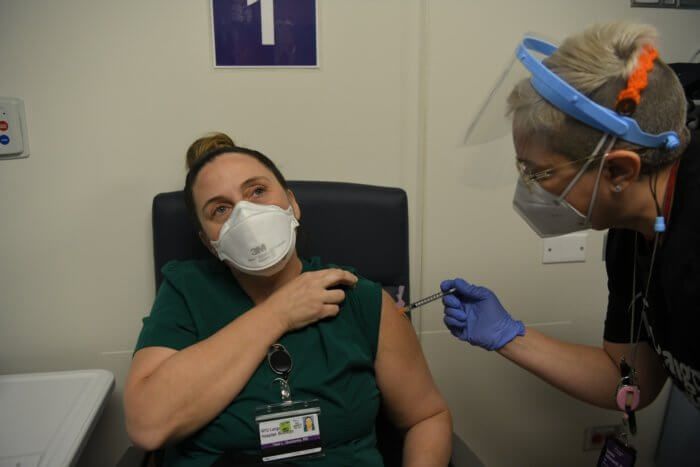
Both the Pfizer-BioNTech and Moderna COVID-19 vaccines require that a patient receive one shot and then a second shot three weeks later. Pfizer claims trials have proven the vaccine is 95 percent effective at preventing symptomatic COVID-19 while Moderna says its vaccine, expected to be approved by the U.S. Food and Drug Administration by the end of the week, is 94.1 percent effective.
“Talk about an amazing turnaround,” said Mayor Bill de Blasio. “The vaccine being given to the very same people who saved lives by the thousands 10 months ago.”
At the moment, only frontline health care workers with a “high risk” of being exposed to the virus and nursing home residents and staffers can receive a dose of the vaccine. Those next in line to receive the vaccine per New York state’s distribution plan are essential workers and members of the general public with underlying health conditions.
On Tuesday, Gov. Andrew Cuomo announced that state could enter the second phase of his vaccine distribution plan late next month and said local hospitals will work with local community leaders to create regional vaccination hubs to help speed up the distribution process. Hospitals have until early January to submit a distribution plan to the state Health Department for approval.
Overall, the Pfizer-BioNTech vaccine has been proven to be safe, although some people who participated in clinical trials for the vaccine reported suffering from side effects. Recently, two healthcare workers at the same hospital in Alaska reported experiencing severe allergic reactions moments after receiving the vaccine, The New York Times reported.
Locally, health officials have not heard of any serious adverse reaction to the vaccine, Health Commissioner Dr. Dave Chokshi said Thursday. But, despite the very low chances of suffering a serious reaction, those that receive the vaccine remain under observation for 15 to 30 minutes as an extra precaution, Chokshi added.
Additional reporting by Meaghan McGoldrick
A version of this story first appeared on AMNY.com.


